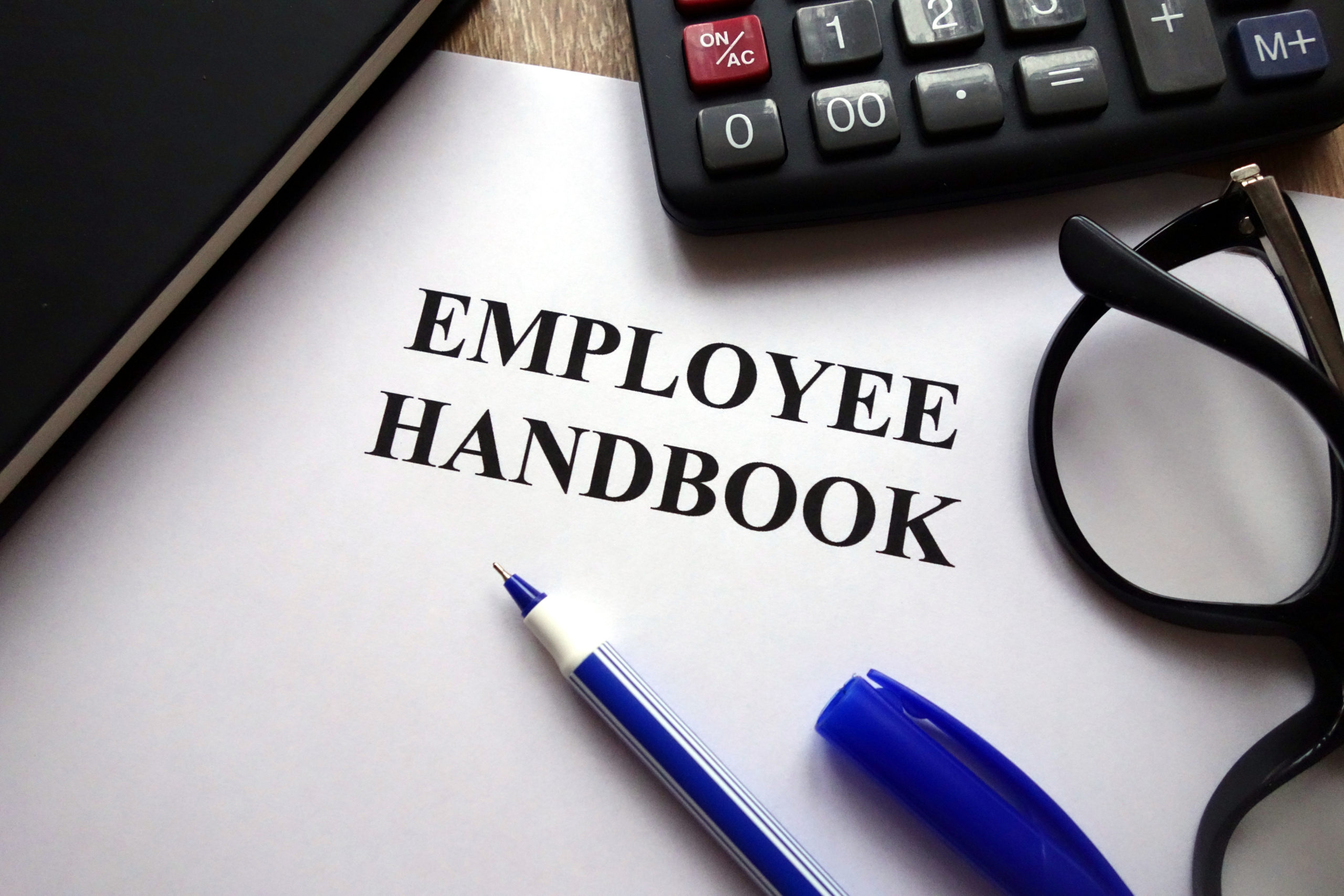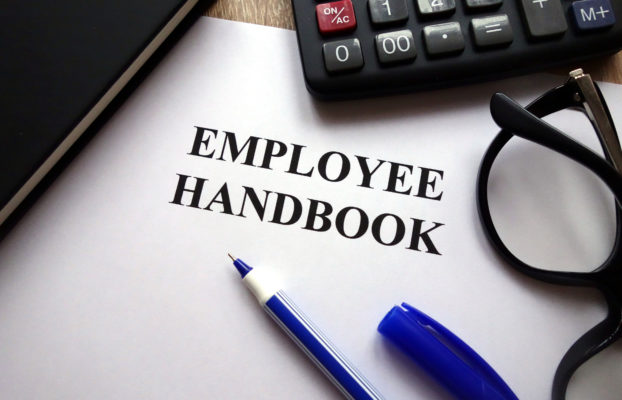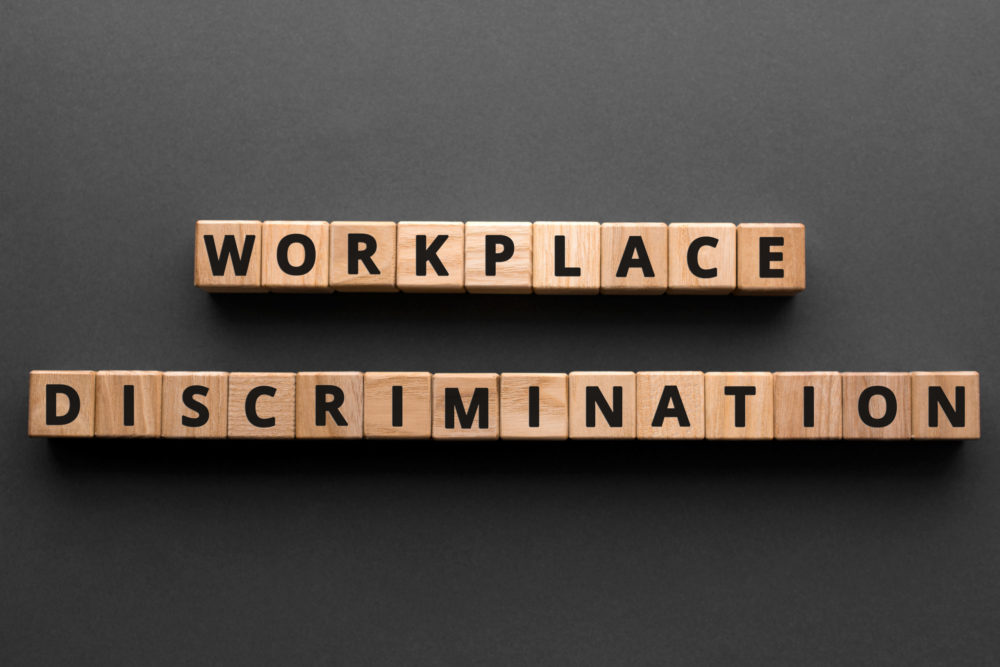Fight Back & Defend Your Rights Against Cruel Bosses Employers. Co-workers Corporate HR
Pay Us Nothing Unless We Win Your Employment Discrimination Case.
Race, Ethnicity, National Origin
Physical or Mental Disability
Religion, Gender, Sexual Orientation
Employment Discrimination
What started as federal legislation to prohibit gender and racial discrimination in the workplace transformed into the most comprehensive employment rights law ever passed by the United States Congress.
Under Title VII of the landmark Civil Rights Act of 1964, any type of discrimination in the workplace is considered unlawful. In addition to the Civil Rights Act of 1964, every state has enacted some type of anti-discrimination law that either matches federal law or provides even more protections for workers.
As with many other groundbreaking laws, California leads the nation in passing and enforcing the toughest anti-discrimination in the workplace statutes.
Types of Employment Discrimination
Enacted three years after the Civil Rights Act of 1964, the Age Discrimination Act of 1967 makes it illegal for employers to discriminate against any employee older than 40 years.
According to the age discrimination law, employers cannot discriminate in the following ways:
- Offering different terms of employment
- Paying a worker over 40 years old less money for doing the same job as an employee that is 40 years old or younger
- Limiting an older employee’s employment opportunities based on age
With an increasing number of American workers remaining in the workforce well beyond the traditional age of retirement, the Age Discrimination Act of 1967 has more relevance today than it did in 1967.
At the heart of the Civil Rights Act of 1964 is legal language that forbids employers from discriminating against both employees and job applicants based on race, color, and national origin. Titles VI and VII make it illegal for employers to classify or segregate employees based on race. Employers also face penalties for refusing to hire or fire an employee based on national origin, race, and color.
It took another 23 years after enacting the federal age discrimination in the workplace law for the United States Congress to address disability discrimination. The Americans with Disabilities Act (ADA) strengthened the protections for disabled workers that Congress wrote into Section 504 of the Rehabilitation Act of 1973.
The ADA prohibits the following acts of discrimination:
- Denying benefits and services to disabled workers
- Establishing recruiting and hiring criteria that screen out applicants that have disabilities
- Implement programs and activities that do not accommodate the needs of disabled workers
- Denying disabled workers the opportunities to serve on advisory boards
- Refusing to provide accommodations for disabled employees in the workplace
The second pillar that forms the foundation of anti-discrimination in the workplace laws pertains to gender discrimination. According to the Equal Pay Act of 1963, employers cannot discriminate by denying equal compensation to a gender class of employees. Compensation is much more than the wages earned by an employee.
- Benefits
- Hiring bonus
- Job classification
- Promotions
- Training
Although the First Amendment to the United States Constitution guarantees the freedom to practice religion, it took Title VII of the Civil Rights Act of 1964 to establish anti-discrimination protections for workers concerning religious beliefs. Employers cannot hire, fire, and develop special employment terms just because of an employee’s or a job candidate’s religious practices.
The religious discrimination provision of Title VII makes it illegal for employees to face insults, ridicule, and intimidation based on their religious beliefs. This covers an employee’s religious affiliation, as well as a connection with any organization that promotes a specific religious dogma.





Tips for Filing an Employment Discrimination Liability Claim
If you notice one or more signs of discrimination in the workplace, Federal and California anti-discrimination laws allow you to fight back by filing an employment discrimination claim. The key is to know what to do, as well as file a claim before the statute of limitations expires. Hiring the right Employment Discrimination lawyer is key in protecting your civil rights.
Signs Your Employer Discriminates
Although it easier for employees to notice types of discrimination in the workplace, job candidates can witness one or more of the following signs of discrimination as well. Types of discrimination can lead to Adverse Actions being taken against you. In turn, those Adverse Actions can cause you to lose current or potential wages. Sometimes, employers can be unreasonable or act as if they were joking, but discrimination is no joke. Make sure you research and find an experienced Employment Discrimination Lawyer that can help you receive the compensation you deserve.
Although there is not a magical formula for creating a diverse workforce, it should be easy to spot an employer that does not come close to practicing diversity in the workplace. If you notice a dominant demographic of any kind, then you have an employer that prefers employees that possess similar backgrounds. Not matching that demographic can mean an environment of discriminatory practices.
This is an easy sign of discrimination to spot. A fellow worker that does not match your professional qualifications gets a promotion that you should have gotten. Getting passed over frequently for promotions because of discrimination is legal grounds for filing a lawsuit. Make sure to document every time a less qualified employee got a promotion over you, as this may serve as evidence in your lawsuit.
It is not just gender dominating leadership roles. Gender discrimination can be as blatant as a more qualified woman working in an administrative role, while a less qualified man achieving a management position. Because of the advances women have made in the workforce, gender discrimination happens against men as well.
Your employer might be discriminating against you by reducing your workload and/or assigning you projects that fall way short of your professional credentials. For example, you start to lose large sales accounts, and instead, your boss starts assigning sales accounts that generate less income for you.
Let’s assume two workers face discipline for the same infraction the company prohibits in its employee manual. Employee number one gets a slap on the wrist by receiving a verbal warning. Employee number two is told to take one week off without pay. Once again, documenting everything that encompasses the discipline process can boost a discrimination claim.
Having to deal with your peers and managers talking down to you is one sign of discrimination. A more visible sign of discrimination involves one or more co-workers insulting you because of your age, race, gender, religion, and/or disability. With most of our communication unfolding online, saving every insulting email and text message is the key to fighting back against discrimination in the workplace.
FAQs About Employment Discrimination
Because of its complex nature, employment discrimination laws generate a considerable amount of questions from workers that are not familiar with state and federal statutes and liability laws. The following five FAQs represent some of the most frequently asked questions answered by employment law attorneys.
Read What Our Clients Have to Say....
So I had contacted John regarding a business related issue I was involved with, with this being my first time ever dealing with something like this, let me tell you first hand, he’s honest, upfront, very informative, and key thing, explains in detail and provides foresight. I went in to see him with my issue I had and I’ve been stressed for about a few weeks regarding my issue, I explained to him my case, afterwards I was so relieved, he provided all the different variables and approaches in my matter, it gave me a sense of guidance on what I can do and should do. I was very comfortable speaking with him, gave me a sense of relief after my meeting with him, all I can say is call him and meet with him and you will feel so much better because he really understands legal matters and understands how to help you with your case and also breaks it down for you to understand and how to go forth. Thanks John!
Annonymous
Learn More About Employment Discrimination...
We love sharing our knowledge to help educate others.
How Do I Choose the Right Employment Discrimination Lawyer?
Three things should stand out when researching different employment discrimination lawyers: Expertise, litigation record, and communication skills. Expertise boils down to the experience gained by working on numerous employment discrimination lawsuits. You also want a law firm who has a proven record of winning claims, as well as gaining favorable settlements for clients. Your lawyer should respond to your questions promptly, preferably within 24 hours of you asking a question.
Another factor that you should consider is whether employment discrimination law is the legal specialty of an attorney or one of many types of laws practiced by an attorney. A lawyer that does not specialize in employment discrimination law and liability cases probably does not have the legal chops to represent you when the time comes to file an employment discrimination claim.
Schedule a free initial consultation with a California-licensed Employment lawyer, who specializes in types of discrimination and adverse actions that come from discrimination. Most employment discrimination attorneys work on a contingency fee basis, which means they get paid when their clients get paid.















